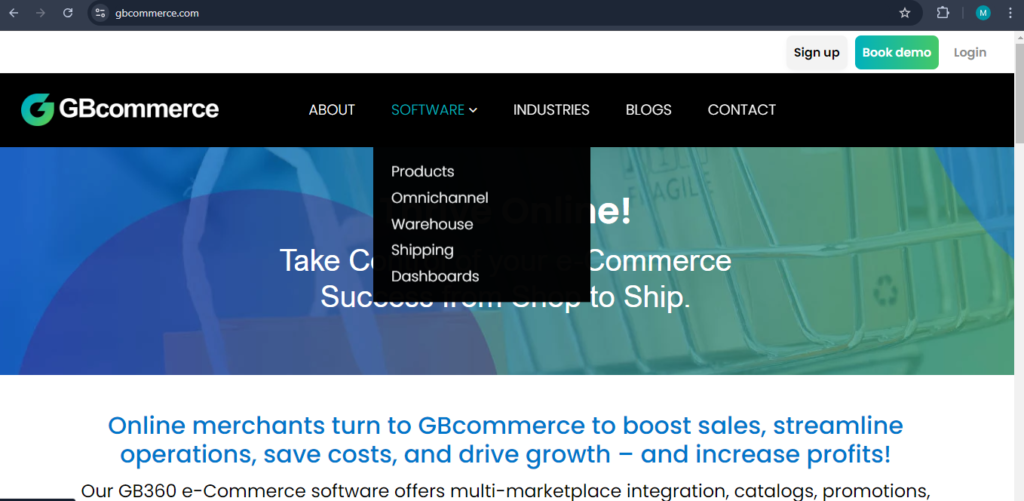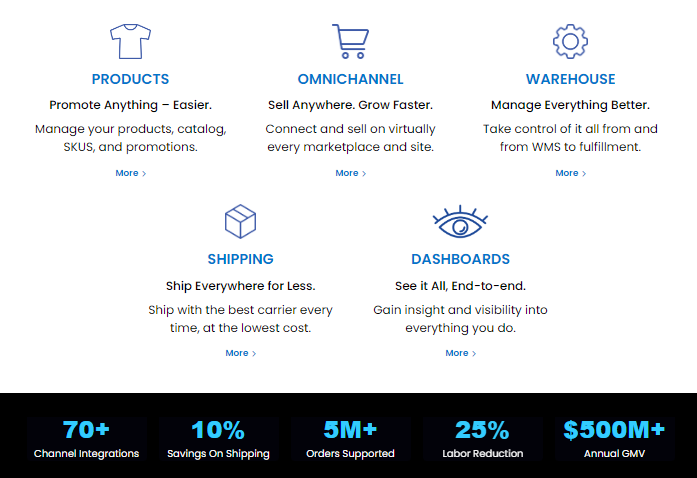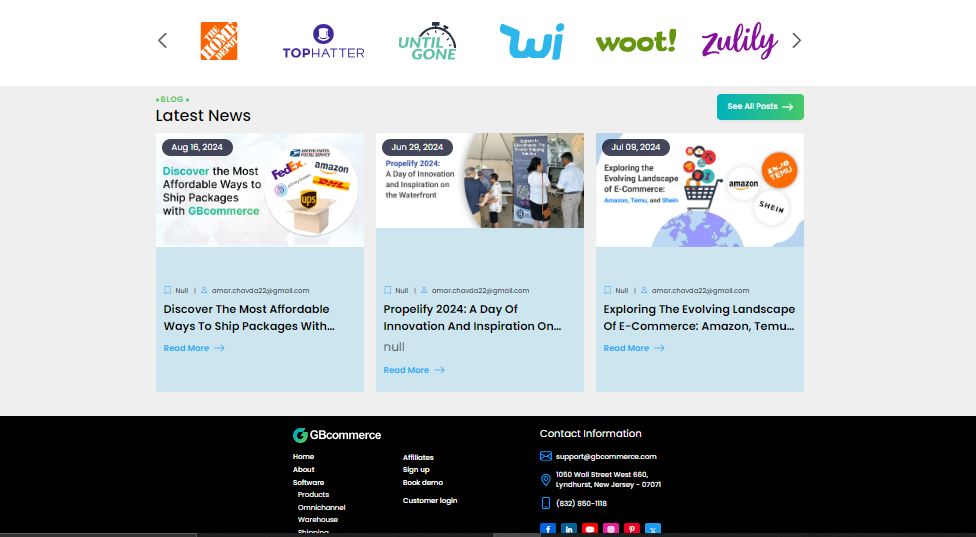
Today, Global Business Commerce has become an anchor to trade in the fast-changing digital economy of the twenty-first century. With the influence of technological advances, countries and their markets are connected, and businesses can reach potential customers a world away with the click of a button. But how can both traditional firms and smaller firms operate in a global market? This global business commerce guide will examine the definition, importance, and opportunities that can be derived from global commerce to be part of the global economy.
Global Business Commerce is the buying and selling of goods and services across international borders supported by new advances in technology, shipping, and communication. Global commerce covers the full spectrum of commerce, including e-commerce and global trade between large B2B (business-to-business) corporations. The value of participating in Global Business Commerce lies in the diversification of global markets and opportunities for growth without relying on domestic markets.
The Value of Global Business Commerce

.Full Access to the List of Global Customers
One hallmark of global commerce is full access to a base of global customers regardless of location or access to markets. As digital commerce has taken hold through e-commerce sites, market access has become more equitable. For smaller or traditional businesses, they can reach customers whom they would normally be relying on other competitors like Amazon or Alibaba – to fill their needs. The ability to conduct global trade has grown tremendously over the last 50 years. With more people shopping on the internet (e-commerce) outside their countries, the expansion potential of including global commerce is exponential for businesses that are willing to dive in to attain a global customer base.
diversity and risk mitigation
Moving into global markets allows companies to spread risk across regions. If demand in one area declines because of, say, an economic crisis, or political upheaval, the company can still succeed in other parts of the world while demand remains healthy. Allowing for greater diversity and a more stable stream of revenue, a potential cushion against shocks to the local market sustainability.
Differentiation
Engaging in global business commerce strategy can enable the company’s competitive advantages. Businesses that source material, products or services from a variety of sources countries should be able to manage costs better, improve quality and efficiency, and increase innovation. Plus, expanding into new marker places frequently leads to opportunities to develop partnerships, joint ventures, or employees who have local experience or insight.
Increased Brand Loyalty
A business with a robust global commerce will typically enjoy increased visibility and recognition on a global scale. In fact, when a company penetrates multiple countries or markets, it is generally recognized as a global brand. This naturally effects brand trust and, therefore, brand loyalty across the globe. Many Fortune 500 brands such as Apple, Coca-Cola and Nike are recognized and trusted brands around the world due in large part to following global commerce strategies.
Key Common Obstacles for Global Business Commerce Challenges

While the benefits of global commerce are apparent there are often challenges. Understanding the challenges informs a are development of a strategic plan for global expansion.
Cultural Differences
Cultural differences are perhaps the most significant obstacles in global commerce. What may work well in one country may not be adopted or well-received in another. For example, marketing strategies, branding, and consumers behaviors vary greatly across countries. Leisurely, a company wants to have investments of time and other resources into learning and appreciating the local culture and demographics, local language and specificity, as well, the product demand of the market before launching into product development and domestic or internationally commerce.
Regulatory and Compliance Issues. Each country, generally has generally produced it’s own regulations or compliance norms, and standards that dictates it’s own rules for trade and taxes, and so forth. For example regulations around product safety, labeling, and compliance varies widely per market.
Regulatory and Compliance Issues
Every country has its own laws and compliance regulations that determine trade flows, what is taxed, product safety, and intellectual property laws. Not following the law can lead to fines, penalties, or even the threat of being banned from the market. Businesses need to have a reliable process for understanding the legal and regulatory environment of every market they operate in to avoid costly mistakes.
Logistics and Supply Chain Issues.
Managing a global supply chain is complicated and chaotic. It can involve multiple intermediaries, multiple shipping routes, and compliance with various customs regulations. International shipping also comes with potentially exorbitant delays, longer shipping times, and customs issues. As such, businesses need to have a robust logistics and supply chain strategy for the seamless operation of their global business activities.
Currency exchange and payment issues.
Operating internationally means you’re going to be managing multiple currencies and payment methods. Currency fluctuations may impact profit margins and require businesses to consider hedging or working with a global payment provider to mitigate those risks. Also importantly, businesses need to realize they will have to implement multiple payment options for international consumers.
Best Practices: Succeeding in Global Business Commerce.
Conduct thorough research on the market.
Before entering a new market, conduct thorough research on the market. This means understanding the relevant competitive environment, consumer behavior, and demand for your product or service. Once you understand how a market operates you will be in a better position to tailor your products and services to fit local needs while identifying market gaps your business can satisfy.
Develop a viable E-commerce platform that can accommodate growth.
To operate a business successfully in the global commerce area your E-commerce platform must be able to scale, secure, and user-friendly for both local consumer experience and foreign consumer experience. You must have a website or app that is scalable if your business grows in notoriety on an international level and can with-stand large transitional volume of traffic. It needs to have multi-currency, multi-language, and a seamless checkout option for global consumers. It is also a great idea to ensure your product is co-marketing with a global platform such as Amazon, eBay, or Alibaba as those sites drive international business.
Contact Global Business Commerce





